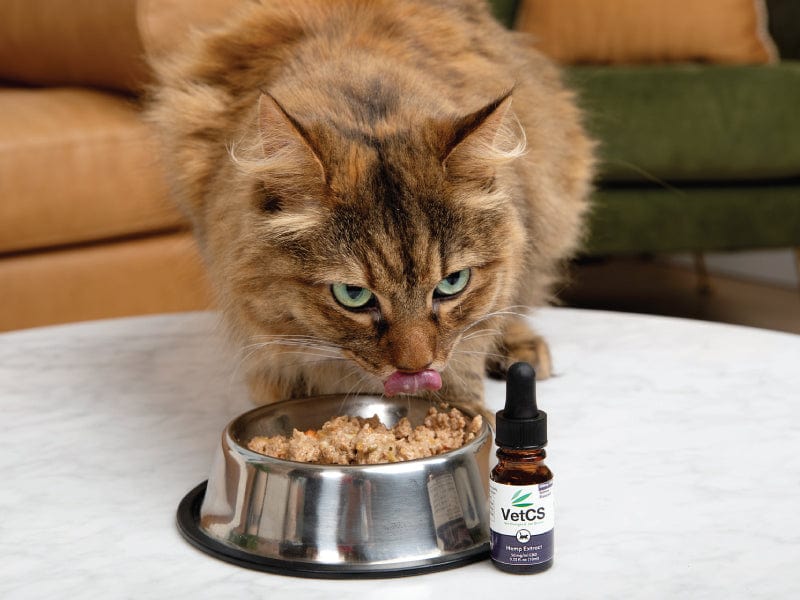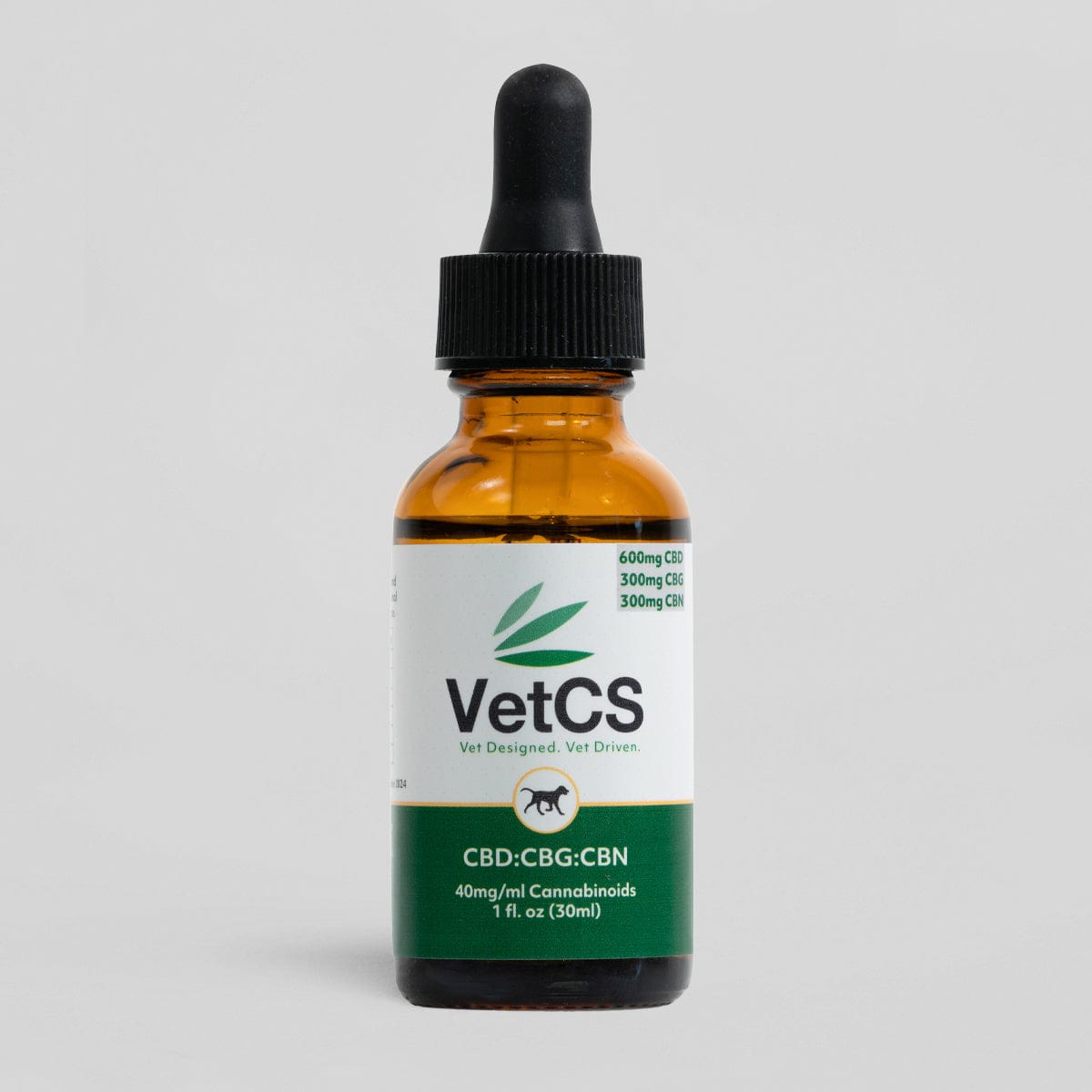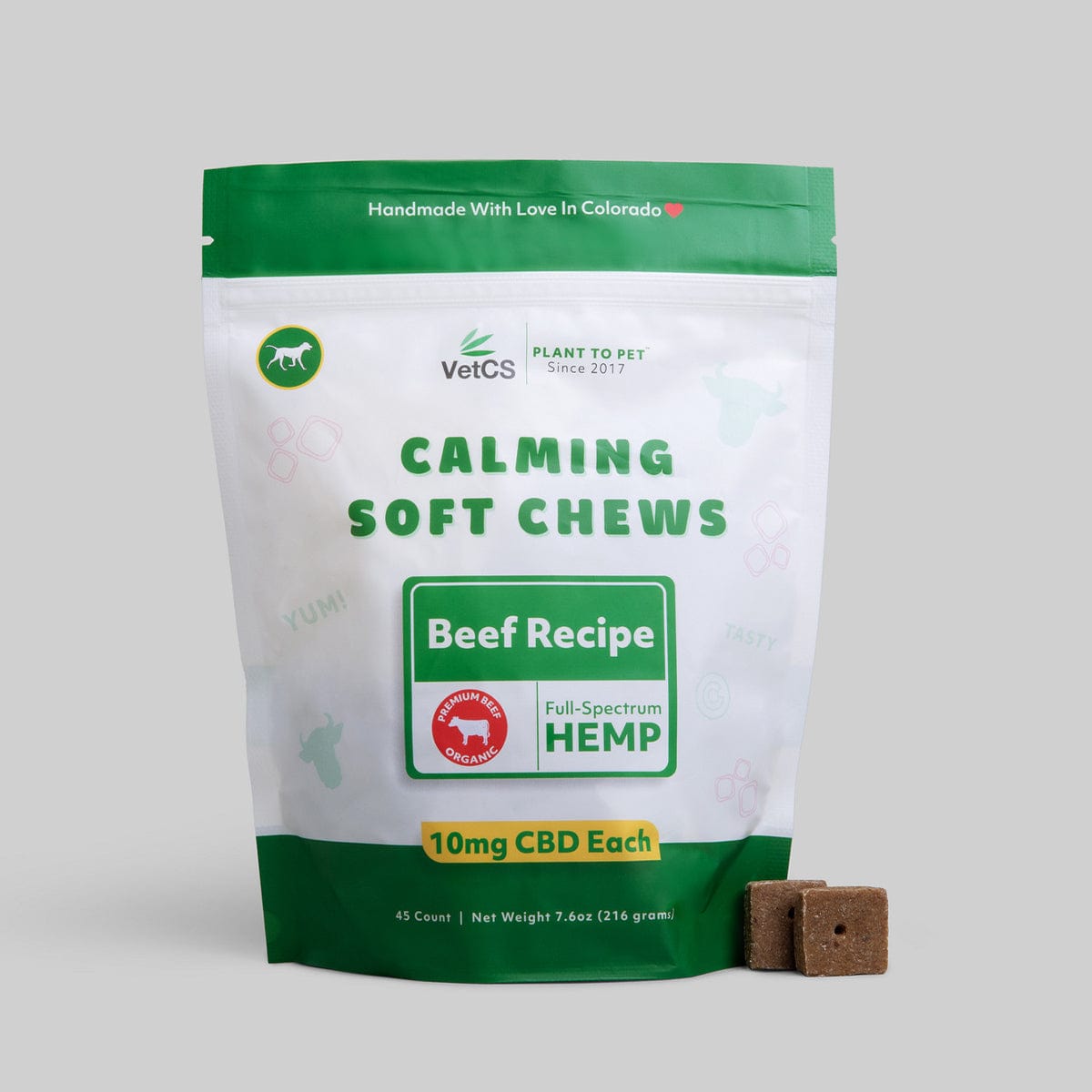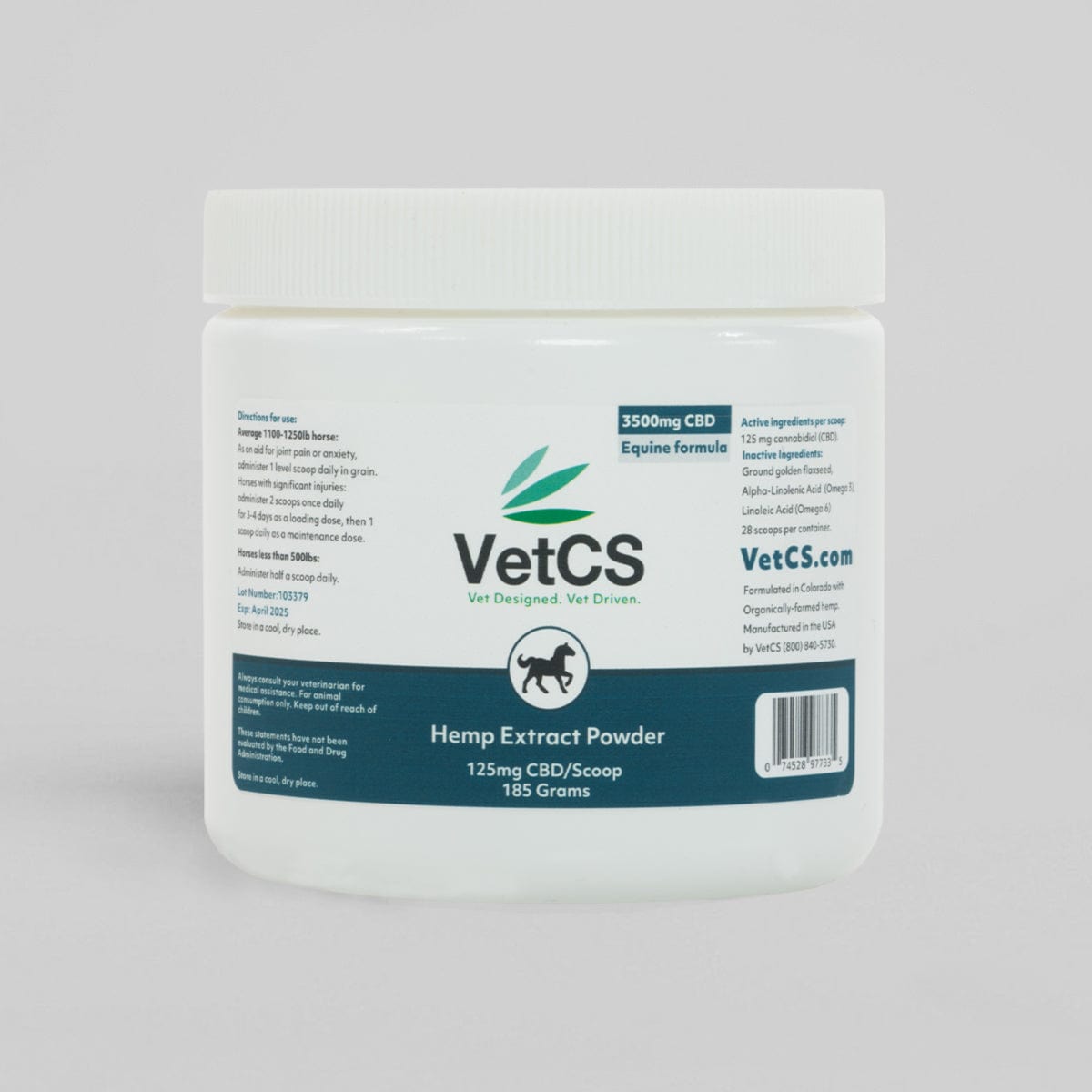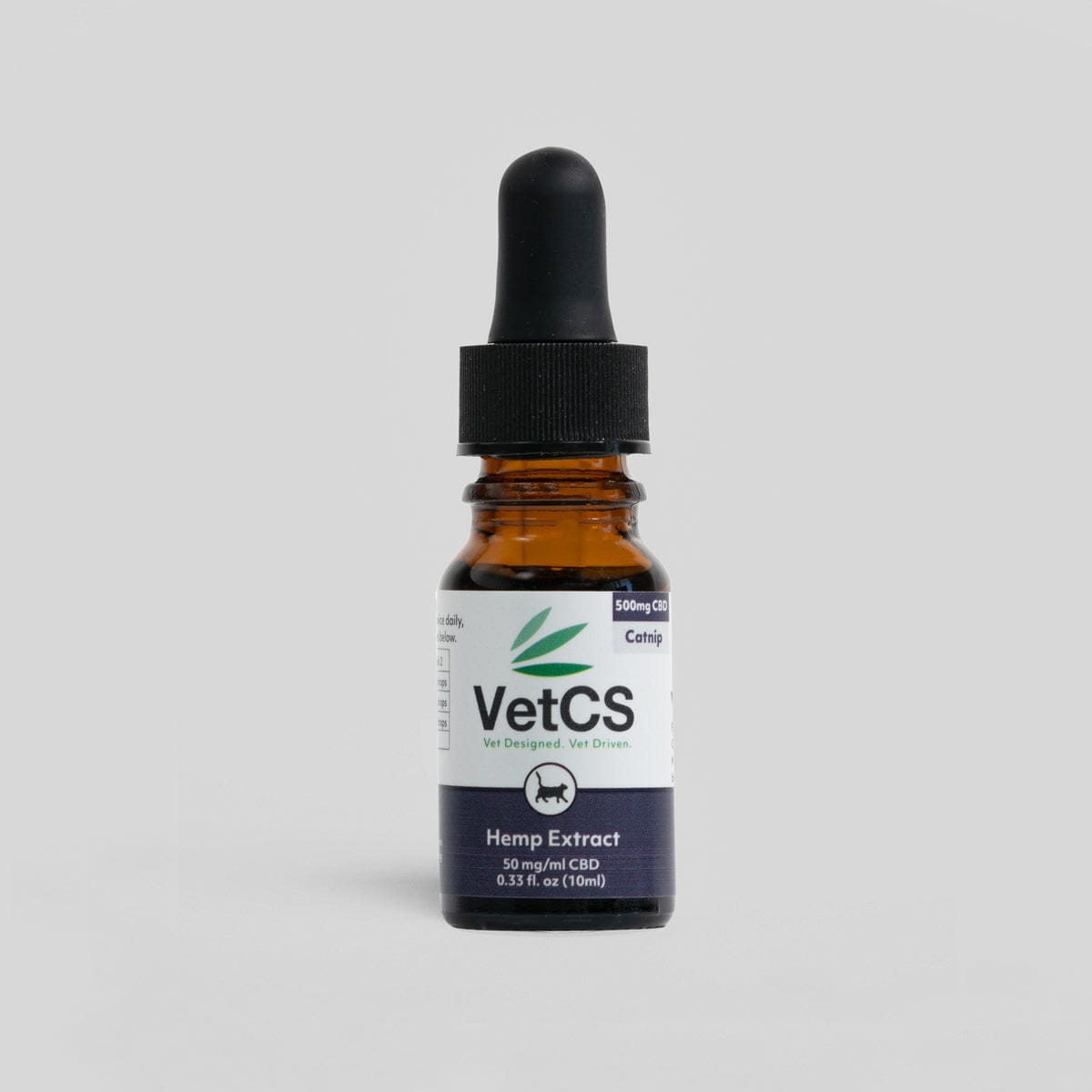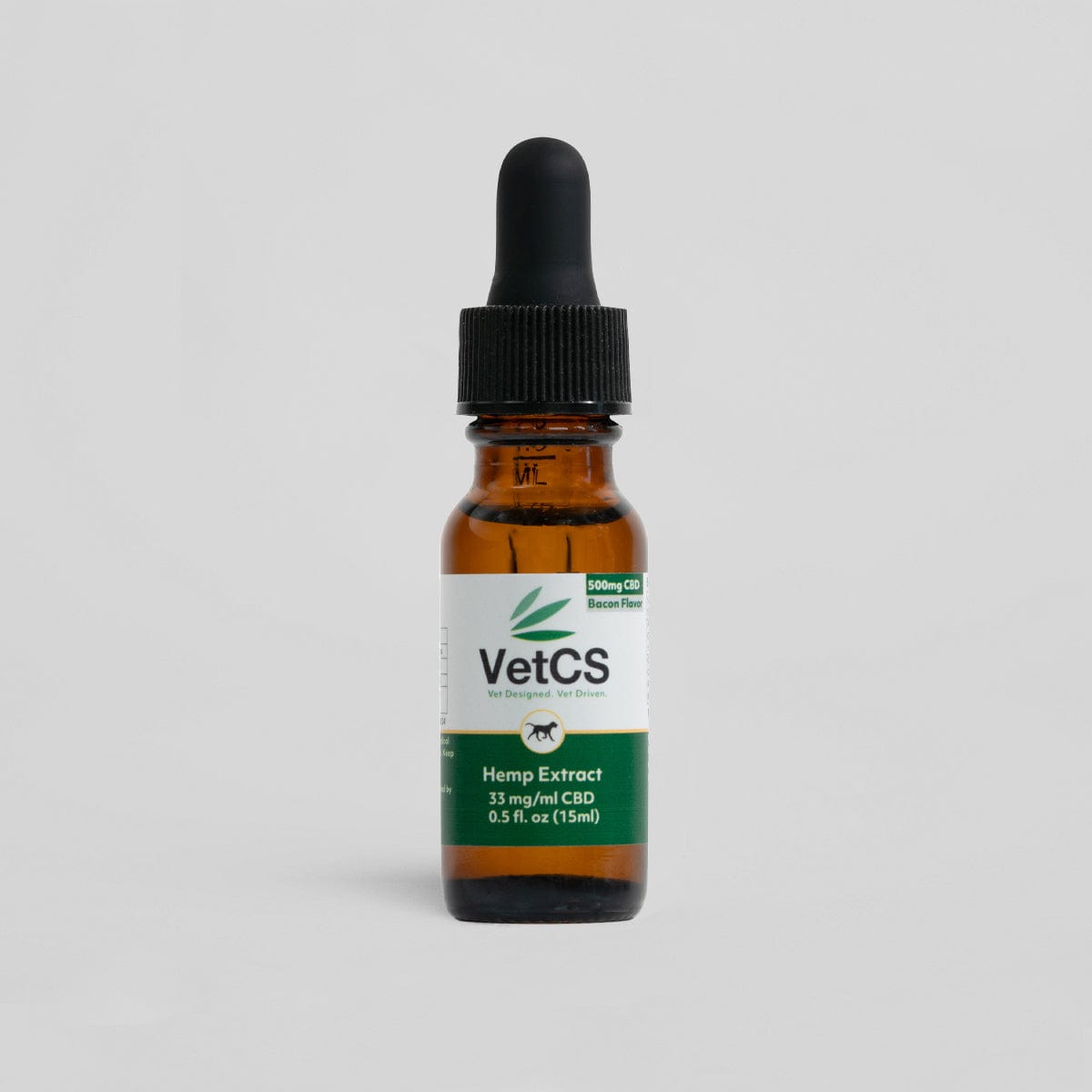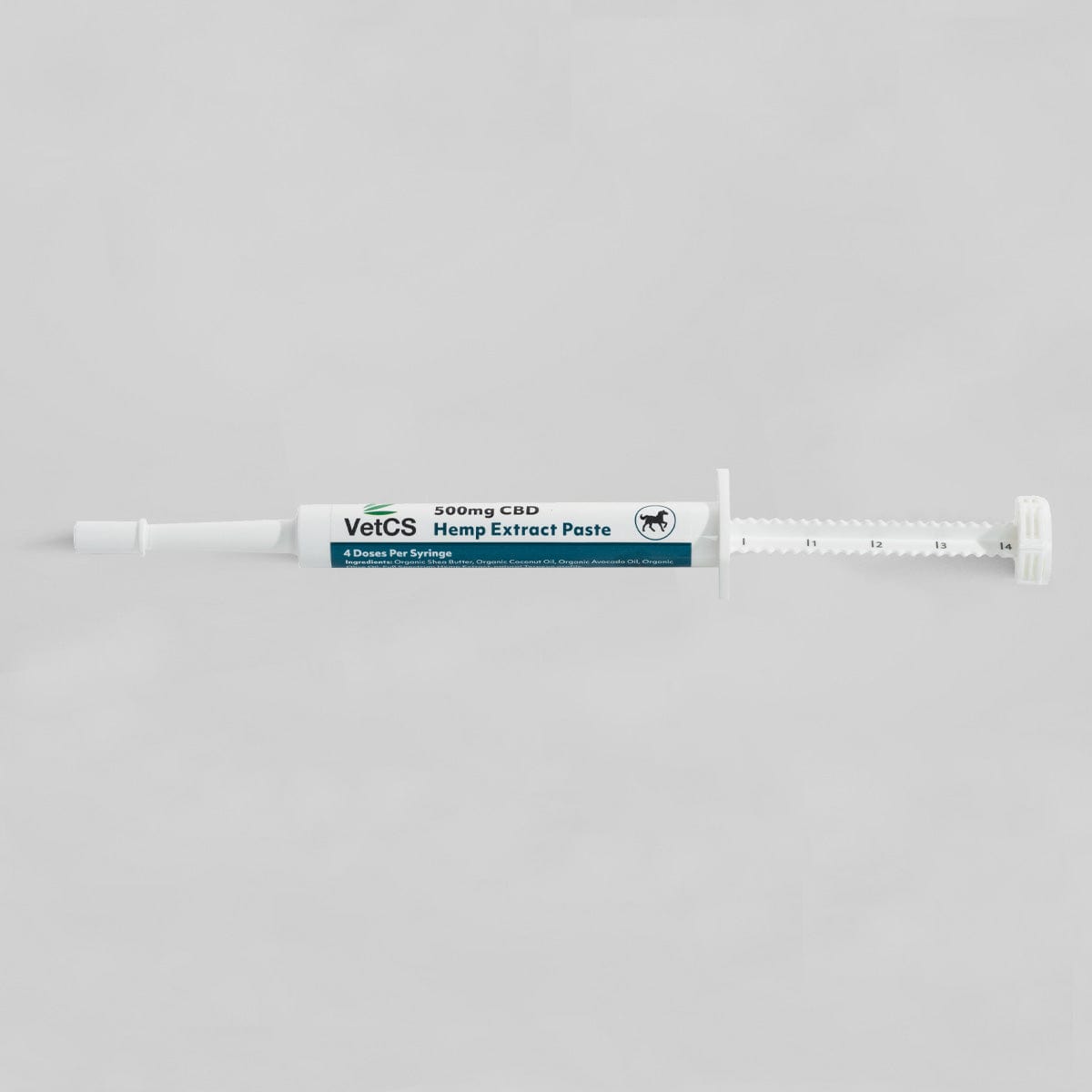
If you’ve been looking into cannabidiol (CBD) products for your pet, chances are you’ve encountered the terms “hemp oil,” “hemp seed oil” and “CBD oil,” and you might be wondering what the differences are.
They all come from the hemp plant—a type of cannabis that contains less than 0.3 percent delta-9-tetrahydrocannabinol (THC)—but hemp oil, hemp seed oil, and CBD oil are not the same thing. Let’s unpack the differences so you can make the best decision for your dog, cat, or horse.
Hemp Seed Oil is Different Than Hemp Oil
Hemp seed oil is the essential amino and fatty acid-rich extract that comes from the pressed seeds of the hemp plant. Most hemp seed oil is cold-pressed in a similar process that is used to make olive oil. Hemp seed oil is a great source of protein and is very easy to digest for both humans and animals, however it contains only trace amounts of cannabinoids and doesn’t offer the therapeutic benefits that hemp oils can. Hemp seed oil is primarily used for its nutritional and dietary benefits.
Hemp oil, sometimes called hemp extract, is any oil that’s extracted from the hemp plant’s flower, leaves, and stalks, rather than the seeds. As opposed to hemp seed oil, hemp oil is rich in numerous cannabinoids like CBD and other beneficial compounds. It is largely utilized for its therapeutic and wellness properties.
Which is Better for Pets: Hemp Seed Oil or Hemp Oil?
Hemp seed oil is rich in omega-6 and omega-3 fatty acids, protein and vitamins B and D, but it does not contain CBD. Hemp oils (including CBD oils), on the other hand, interact with the endocannabinoid system shared by most mammals that helps regulate things like inflammation, digestion, sleep, appetite and stress. Both hemp seed oil and hemp oil can have positive influences on the overall health of pets, but hemp oil is a far more powerful tool for regulating physiological systems that are either out of whack or in need of improvement.
So when choosing between hemp seed oil and hemp oil for pets, your intended purpose and desired outcome should be front and center. If you’re primarily interested in incorporating a dietary supplement into your pet’s regimen with nutrients like fatty acids and antioxidants, hemp seed oil is the right choice. But if you’re interested in tapping into your pet’s endocannabinoid system to address issues such as sleep, appetite, pain, inflammation or seizures, then you’re looking for hemp oil.
Types of hemp oil
There are several different types of hemp oils, each produced in a slightly different way. There are pros and cons to each, depending on your pet’s individual health needs, your preferences as a pet parent, and your desired outcomes for your pet.
Full-Spectrum CBD Oil
Full-spectrum CBD oil contains the full array of beneficial compounds found naturally in the hemp plant, including terpenes, phytocannabinoids (including up to 0.3% THC as allowed by federal law) and flavonoids. Full-spectrum CBD oil is especially rich in CBD, since it’s extracted from hemp plants that contain high levels of this cannabinoid. True full-spectrum CBD oil products are always made with whole-plant hemp extract. Of note, while full-spectrum CBD oil does contain trace amounts of THC, it is not enough to produce psychoactive effects or get your pet “high,” so to speak.
Broad-Spectrum CBD Oil
Broad-spectrum CBD is another CBD-rich type of hemp oil. This oil contains many of the same compounds as full-spectrum CBD, but broad-spectrum CBD oil is further refined to remove any trace of THC.
CBD Isolate
CBD isolates are a highly-refined type of cannabis extract that contain only CBD—all of the other cannabinoids, terpenes and flavonoids have been removed.
Which Type of Hemp Oil is Best for My Pet: Full-Spectrum CBD, Broad-Spectrum CBD or CBD Isolate?
As VetCS, our preference is always full-spectrum CBD oil, which contains all the beneficial compounds found in CBD-rich hemp. The entourage effect of these compounds working together means this type of hemp extract is generally more effective and allows for smaller dosing needs.
That said, there are certainly benefits to broad-spectrum CBD and CBD isolate, as well. Some people are not comfortable giving their pet any level of THC, and that’s perfectly fine. For these pet parents, broad-spectrum CBD oil or CBD isolate may be good options.
Do Hemp Seed Oil or Hemp Oils Have Side Effects For Pets?
One of the bigger concerns for most pet parents when considering hemp seed oil or hemp oils like full-spectrum CBD for their pets are the possible side effects. When properly administered, hemp oil and CBD oil side effects are minimal and can manifest as mild gastrointestinal upset. Cannabinoids like CBD can also interact with certain medications your pet may already be taking. Our veterinary experts at VetCS are always happy to discuss any questions you may have about CBD drug interactions for your pet—please don’t hesitate to reach out.
Since hemp seed oil is just a nutritional product, side effects are less common. Both hemp seed oil and hemp oils have occasionally been known to cause indigestion.
For any pet parent seeking the finest in vet-designed and vet-driven CBD solutions, VetCS offers a range of full-spectrum CBD oils and CBD-infused products—including chewables, calming peanut butter and treats—to meet whatever needs you may have for your dog, cat, and horse,





